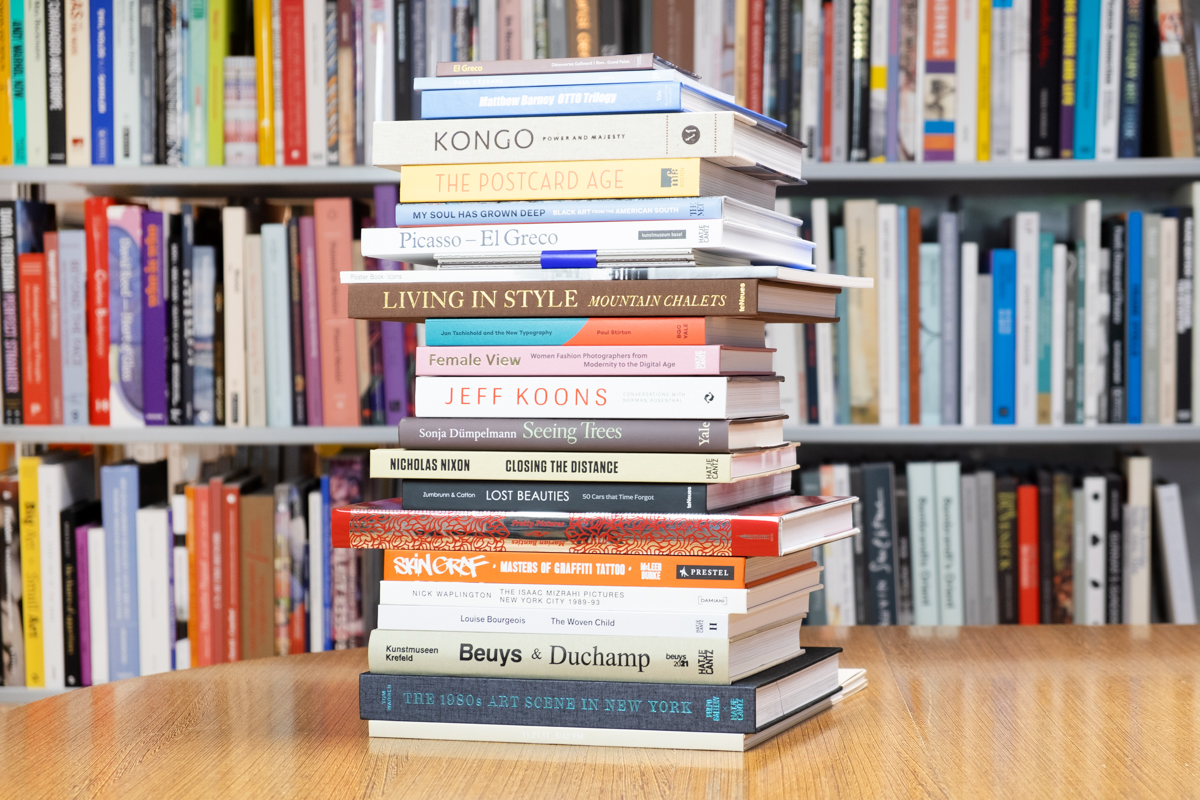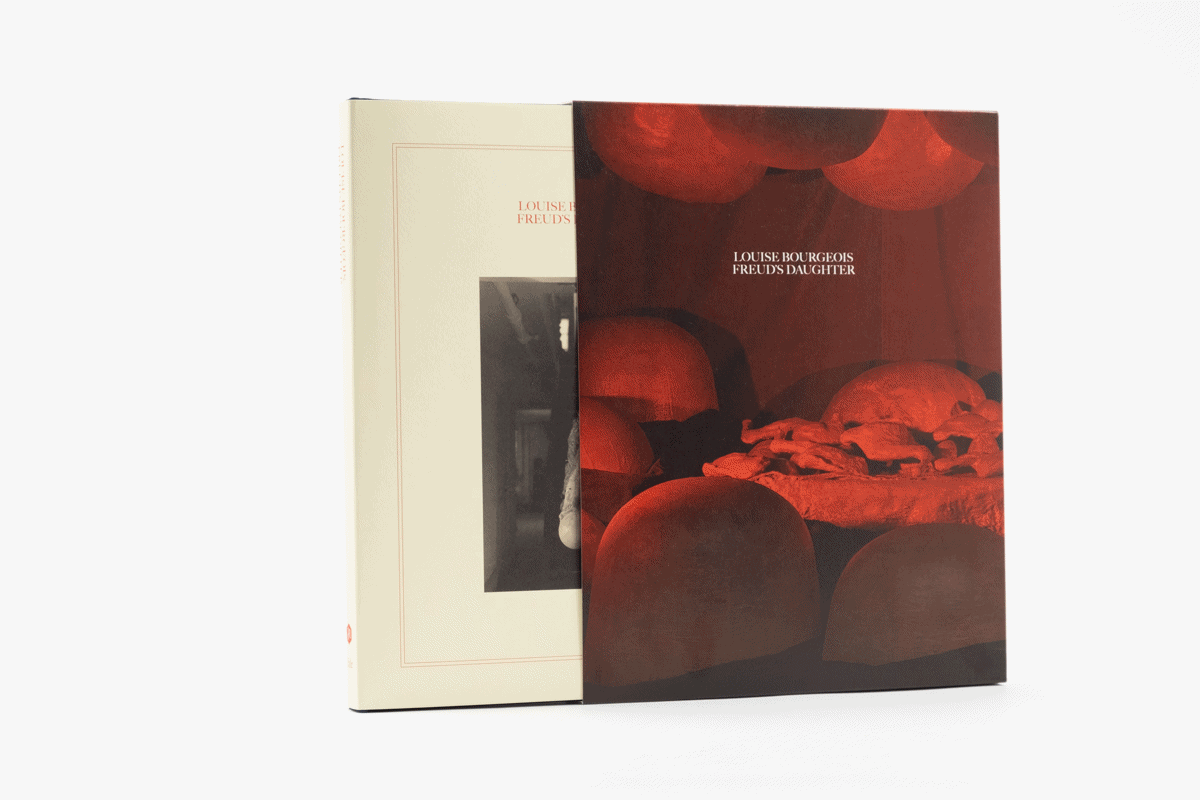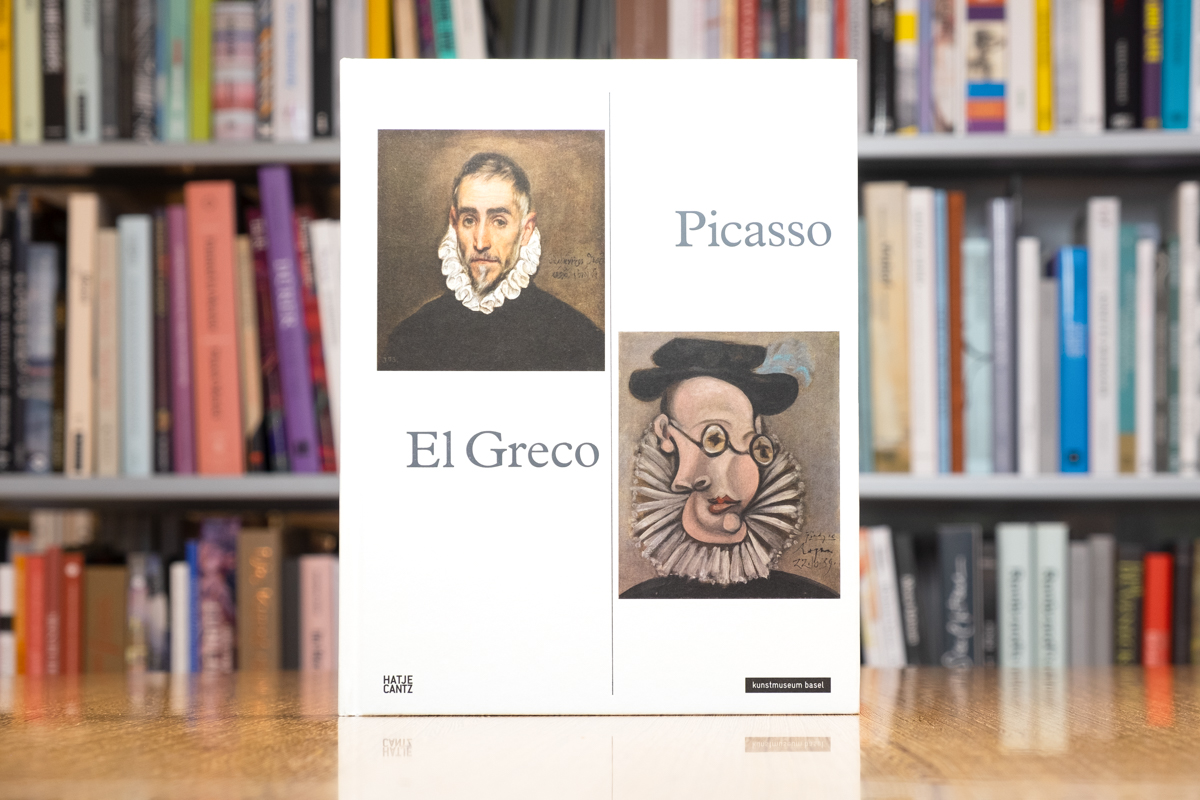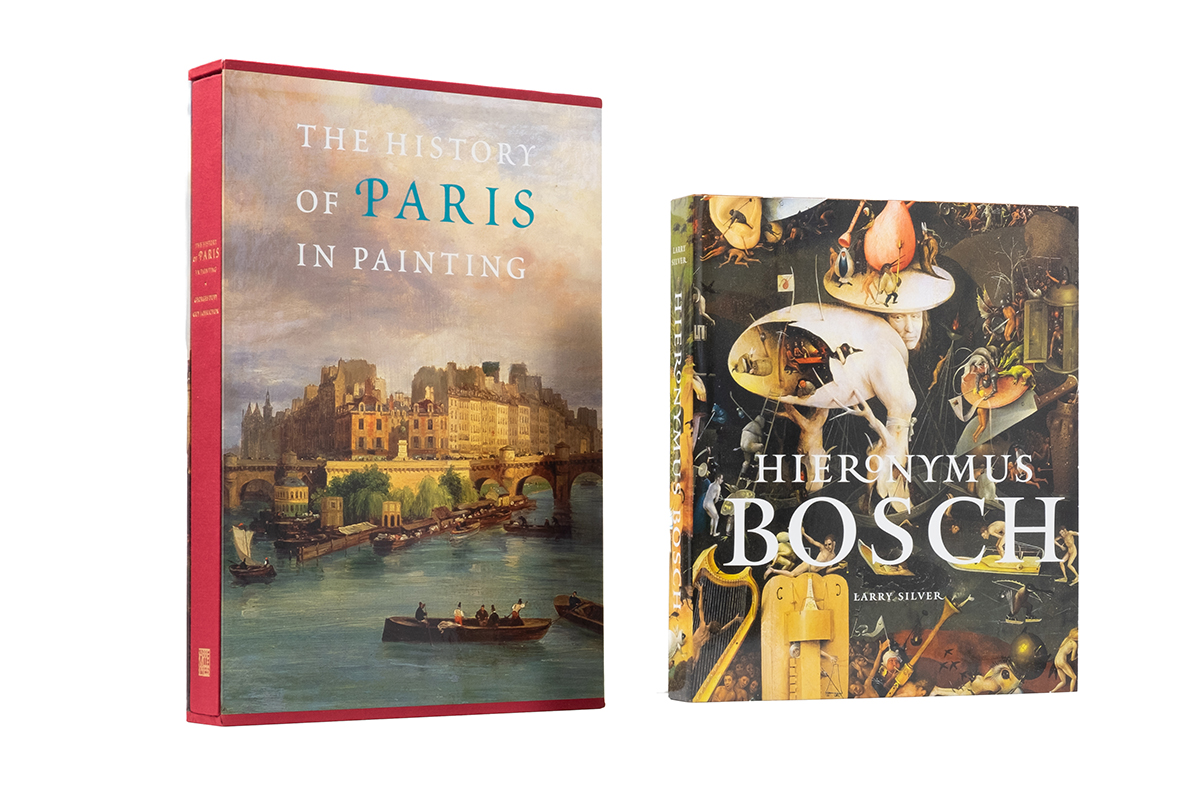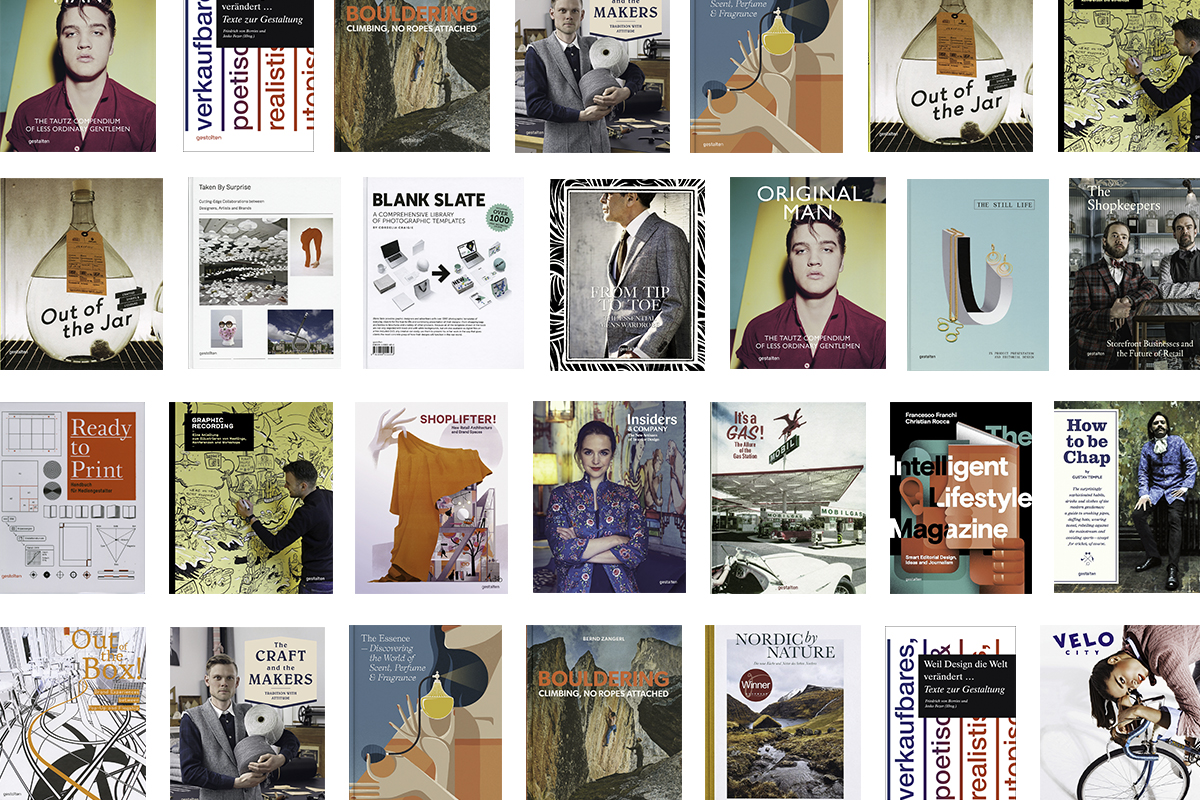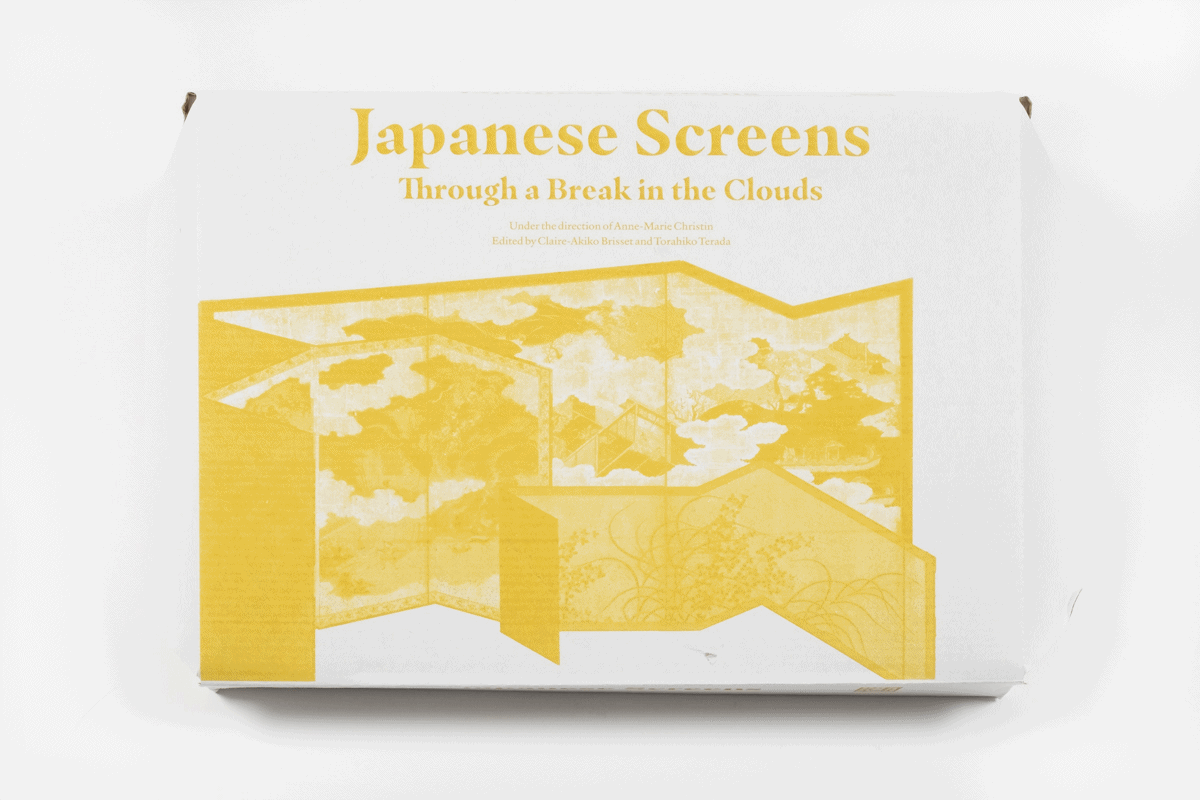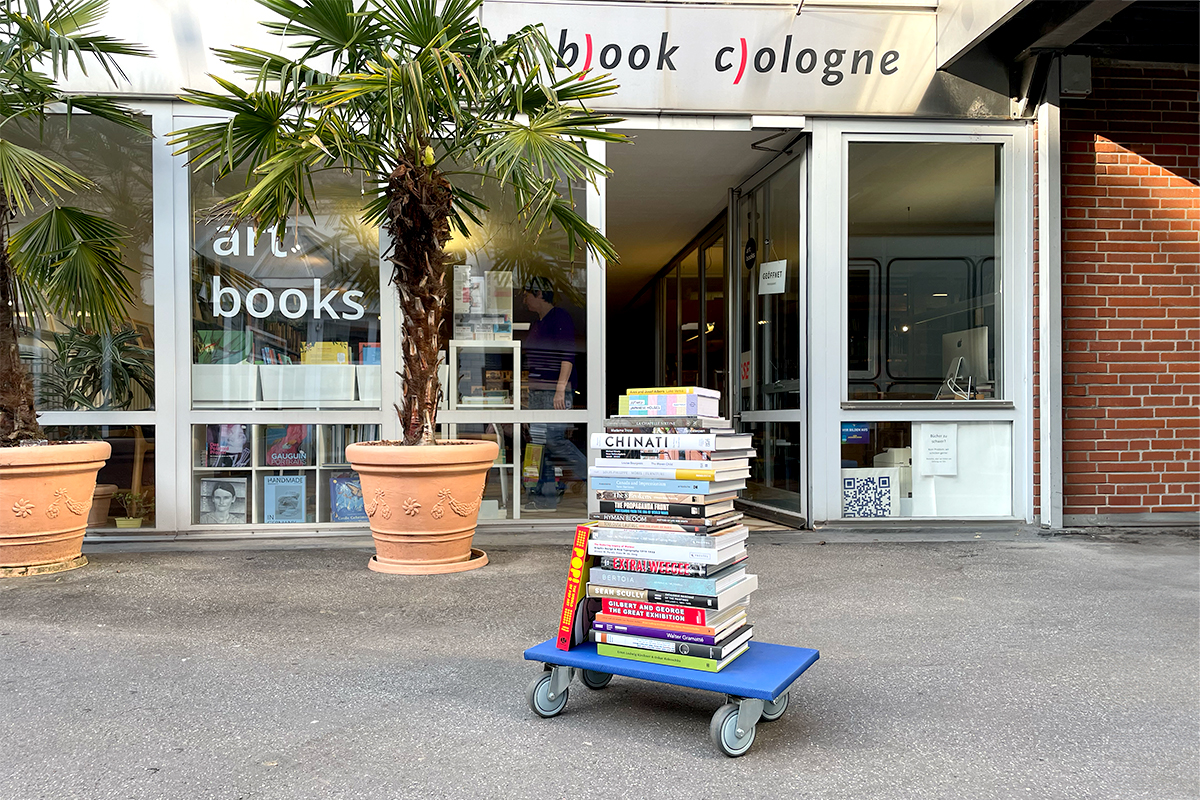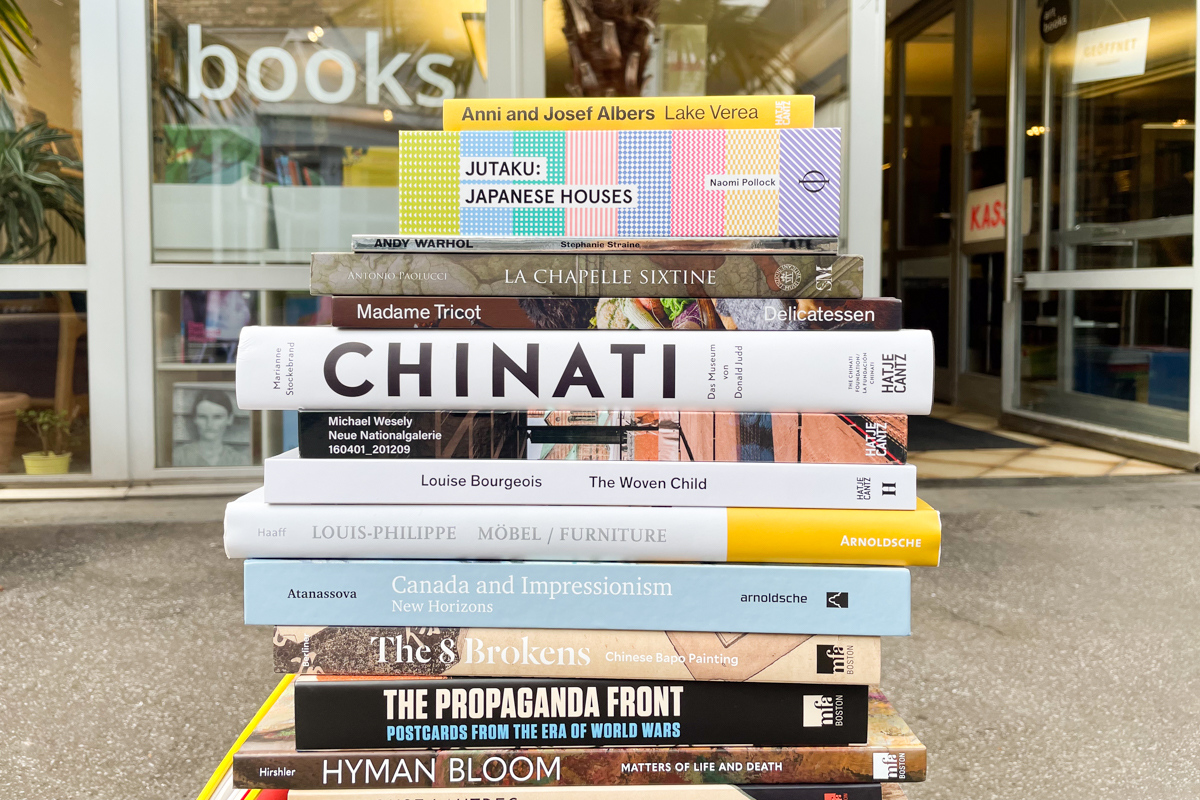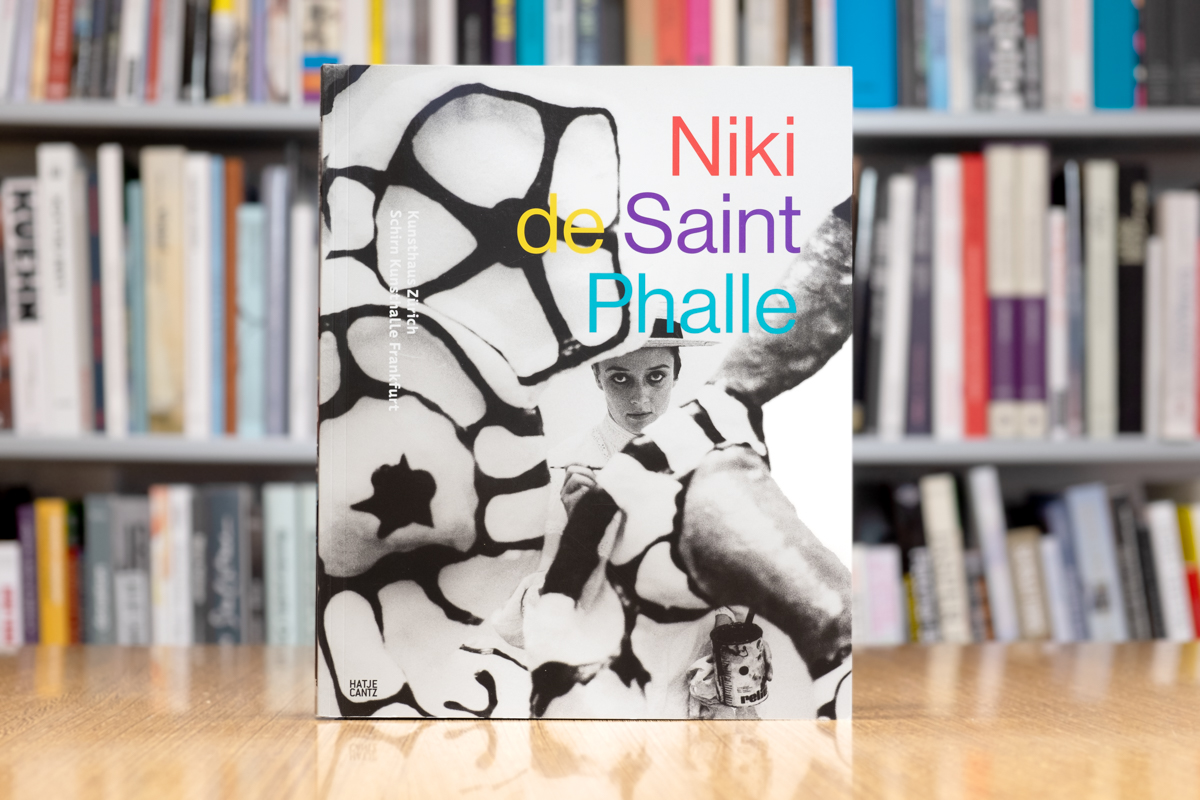Kontakt
art book cologne GmbH & Co. KG
Deutzer Freiheit 107
50679 Köln
Germany
Öffnungszeiten Büro und Showroom:
Montag-Freitag von 8-17 Uhr
info@artbookcologne.de
Tel.: +49 221 800 80 80
Fax: +49 221 800 80 82
Über uns
Seit 1997 sind wir Großhandel für hochwertige Publikationen der Gebiete Kunst, Kunsttheorie, Kunstgewerbe, Architektur, Design, Fotografie und illustrierte Kulturgeschichte. Unser kleines Team setzt sich aus den Fachgebieten Kunst, Kultur, Musik, Buchhandel und Medien zusammen und hat bei aller Vielfalt einen gemeinsamen Nenner: Die Begeisterung für schöne Kunstbücher.
Der Schwerpunkt unserer Tätigkeit liegt in der Übernahme von Restauflagen von Verlagen, Museen und Kunstinstitutionen. Wir bieten diese Titel dem Sortiments- und Versandbuchhandel, den Museumsshops und dem Kunsthandel an.

